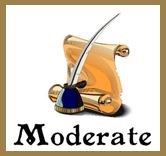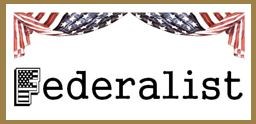Last updated: September 21, 2020
Article
Whiskey Rebellion: Answers to Question 1.

(National Park Service)
If you answered:
A). Heck NO. This tax is very unfair! That was the Rebel opinion.
B). Well… let’s protest. This is not a good law, but it was passed by Congress. That was the Moderate opinion.
C). Definitely YES. It’s the law. That was the Federalist opinion.
(You may want to track your answers.)
Click here to skip to question 2.

The poor frontier farmers had many complaints against the whiskey tax. The tax seemed deliberately engineered to ruin them. These men had seen themselves lose ground, while the rich got wealthier.
Although upset and worried about the tax, most of them were content with just ignoring it. Others would take matters into their own hands.

Throughout the Whiskey Rebellion the moderates of western Pennsylvania were meeting, sending petitions to Congress and trying to get the tax repealed.
The first meeting was in the summer of 1791, shortly after the tax was passed. There it was decided that, in a very democratic manner, representatives from each county were to be elected to attend a meeting in the fall. That meeting produced a set of “resolves” outlining the region’s grievances, which was sent to Congress.

The federalists viewed the whiskey tax as a perfectly valid law, passed by the new United States government. All the people were represented in Congress, and if the law was faulty Congress could change it.
As news of unrest and anti-tax meetings reached them, the federalists were never able to see that the events in the west were really two simultaneous movements; a peaceful one trying to redress grievance through legal channels and a violent one. They were equally blind to the fact that membership in the two groups did not overlap.
